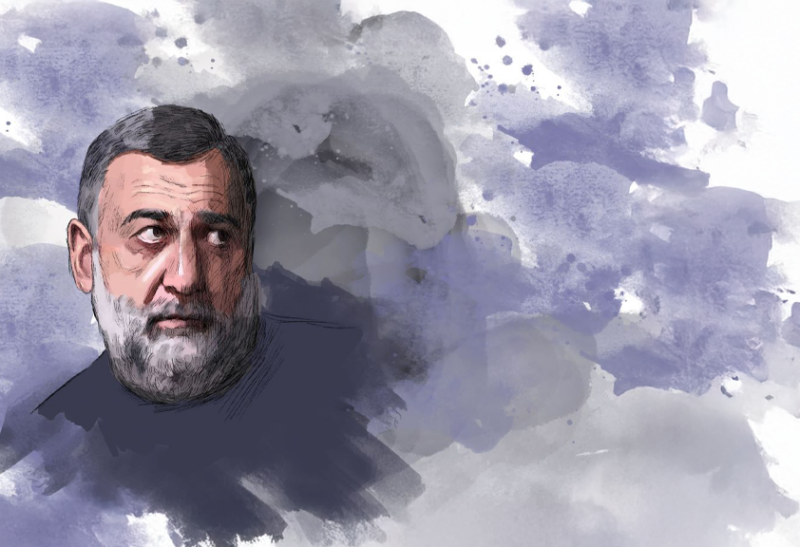Soyudlu village, within the Gadabey district, has become a battleground as its residents rally against the construction of a second artificial lake, intended to serve as a dumping ground for gold mines.
On June 20, residents took to the streets of the village, objecting to the construction plans. The motivation for their outrage was the revelation that a future artificial lake would be filled with hazardous chemicals, posing a severe threat to their health. This built upon their existing grievances, as the first lake, built a decade ago to contain gold mine waste, had already devasted their land.

With placards illustrated with slogans like “Natural waters are being poisoned” and “Kur River is being poisoned,” the protesters boosted their concerns over the hazardous effects of the artificial lake on the local ecosystem. Crops, fruit trees, and grazing lands were being ravaged, putting the villagers’ livelihoods at risk. The distressing prevalence of respiratory illnesses among individuals in their 50s only added to their grievance.

As the demonstration proceeded, clashes between residents and police agents unfolded, with unproportioned police violence. Videos circulated on social media platforms, capturing moments of police aggression.

The protest, which had been ongoing for several days, took a dramatic turn as an elderly woman fearlessly confronted the police, highlighting the detrimental effects of the gold company’s poisonous waste on the environment, local pastures, and farms.
The heated confrontation between villagers and the police, during which pepper spray was deployed, has sparked widespread discussions on social media platforms. Outraged protesters are demanding justice and accountability for the use of violence against peaceful demonstrators.

The residents of Soyudlu persisted, as the protests continued into June 21. Villagers once again took the streets and stood united against the artificial lake project. The police presence remained vigilant, controlling the access roads to the village and limiting entry to registered residents only. It is possible to enter the village only with an ID card and those without registration are not allowed in the village.
Reports emerged of several villagers being arrested during the initial protest. Concerned family members lamented the lack of access to information about their relatives. The arrests fueled even more protests, that now additionally demand the release of the detainees and an end to the construction of the controversial reservoir.
The Ministry of Internal Affairs promptly responded, assuring the public that an official investigation had been initiated into the police officer’s use of tear gas. However, the ministry also stated that the residents of Soyudlu had illegally interfered with the construction of the artificial lake despite repeated warnings. They alleged that the demonstrators had resorted to violence, injuring workers and resisting the police officers.
The grievances expressed by the residents of Soyudlu village extend beyond the current protest. For about a decade, the existing lake in the area has been utilized as a dumping ground for gold mine waste, causing significant harm to the environment and the local community. The strong odor emanating from the lake, which contains acidic components, has had a detrimental impact on the surrounding nature, turning an area within a 100-meter radius unproductive. In a concerning move to boost gold production, authorities have initiated the construction of a second artificial lake that will be directly connected to the Shamkir River, raising fears of extensive environmental destruction extending to Shamkir, Tovuz, and Ganja.



